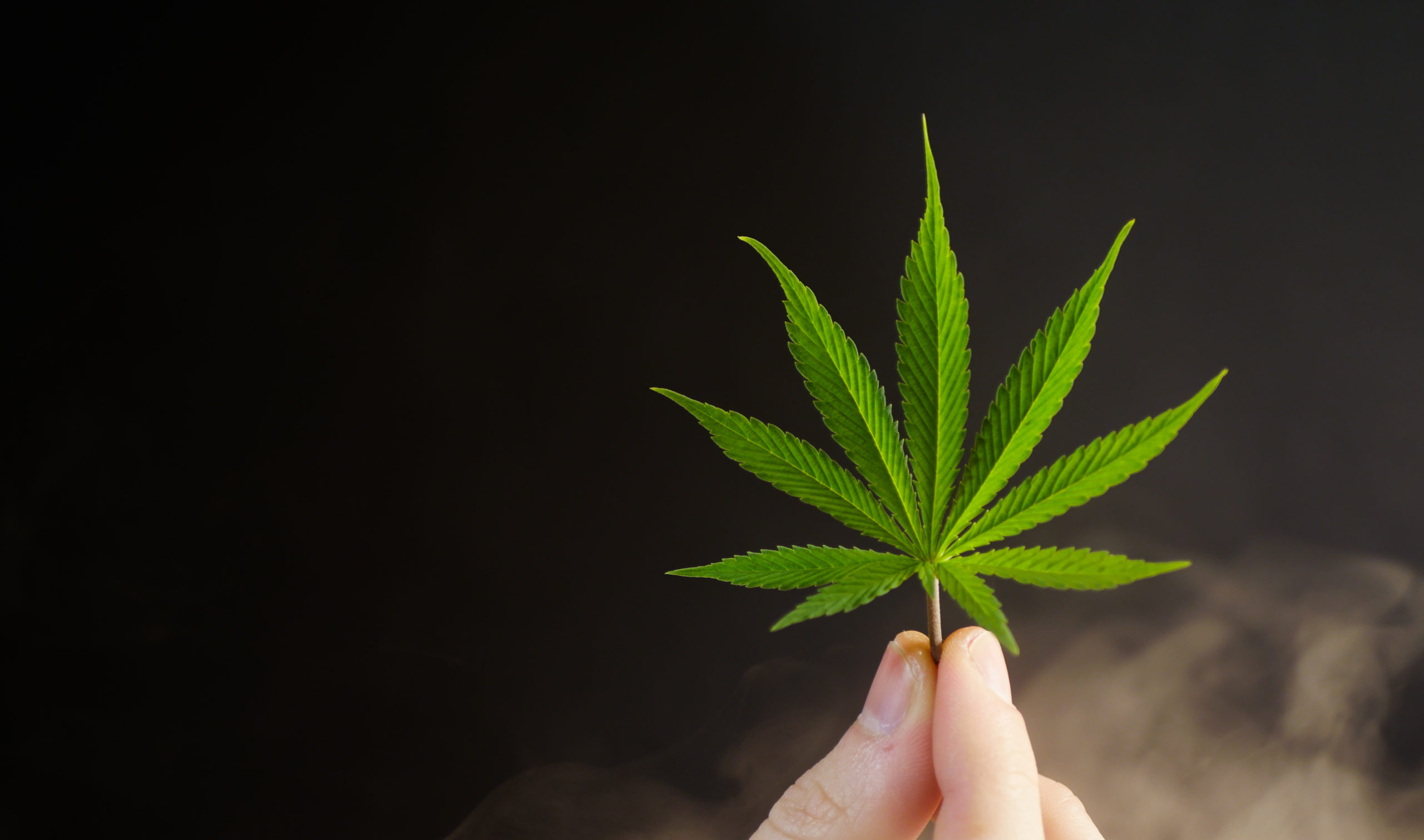Connect with us
Published
2 years agoon
By
Tyler Shultz
A new nonprofit organization has launched with the aim of promoting the development and advancement of the cannabis industry for the benefit of Indigenous communities.
The Indigenous Cannabis Industry Association (ICIA) was founded by Rob Pero, a member of the Lake Superior Chippewa Tribe, and intends to create opportunities for Indigenous people and empower communities through programs, policies and outreach initiatives. Members of the ICIA have access to the network of Tribal Nations, industry partners, advocacy groups and others to help navigate through the complex Tribal, state and federal policies.
The ICIA provides a safe space for interested individuals to learn about cannabis and discover what tribal citizens are allowed to do legally with cannabis on their tribal land. According to Pero, each tribe has its own constitution for what they can do with cannabis legally. Matthew Fletcher, professor of law at the University of Michigan who specializes in tribal law, said he doesn’t believe tribal nations can have much success unless there is a change in federal law.
“The only way to do that would be on tribal trust land/Indian country land, and since federal law still bans cannabis, no, there’s no way,” Fletcher said. “That doesn’t mean tribes won’t do it, but they are at the complete mercy of the whims of the federal government’s decision to prosecute or not. It’s no way to do business. Same is true even if the state makes it legal.”
A New Mexico man plans to sue after federal agents from the Bureau of Indian Affairs raided his medical cannabis garden on tribal land and destroyed nine plants he was growing for personal use in compliance with state and tribal laws in New Mexico. Charles Farden said he is suing for $3.5 million in damages and argues the raid was conducted illegally. At the time of the raid, Farden was in possession of a New Mexico state legal cannabis card in addition to a personal production license.
“One of the driving factors why the damages are so high in this case, we contend, is also how patently racist the Department of Interior’s enforcement of federal drug policy is,” said Jacob Candelaria, an independent state senator and attorney who is representing Farden in the case. “If you’re a non-Native person engaging in the same conduct Mr. Farden did on non-Native land, your chance of federal prosecution and conviction is next to zero because Congress has prevented the Department of Justice from using any money to enforce the law.”
Pero is also the founder of Canndigenous, a Wisconsin-based hemp company that recently received $15 million from the “Industrial Hemp for Fiber and Grain” project by the USDA’s Climate-Smart Commodities program. Canndigenous is the only tribal-member-owned partner to receive funding from the program, and the $15 million grant project led by Iconoclast Industries will help “support the expansion of climate-smart markets by providing open-access data and training on how to monetize climate-smart practices through a digital marketplace pilot.”
“The USDA moves the needle in the right direction by investing in climate-smart consumable products and incentivizing businesses like Canndigenous to raise the bar,” said Pero. “We are committed to bringing the industry forward and making ambitious contributions to decarbon our world.”
The funds were granted for the development of hemp as a climate-smart commodity, with the USDA investing up to $2.8 billion in 70 selected projects in the first round of funding under the Partnerships for the Climate-Smart Commodities. Other partners joining in the “Industrial Hemp for Fiber and Grain” project include the Universities of Florida, Georgia, Stockton and Texas A&M, as well as the Florida and Virginia Departments of Agriculture and Consumer Services, Global Hemp Association, M4MM and Stillman College.


Study Reveals State Cannabis Legalization Lowers Immigrant Deportation


DEA Challenges Bid To Use Psilocybin Under ‘Right To Try’ Legislation


Vegans Rejoice as Farmers Switch from Chickens to Hemp


Louisiana Legislative Committee Unanimously Passes Adult-Use Cannabis Framework Bill


Louisiana House Bill to Regulate Hemp Products Advances Along With Senate Bill to Ban


Cresco Labs Workers Reportedly De-Unionize
